66A and other Legal Zombies: Government responds but the horror continues
| Dec. 19, 2018
A recap
Over a month ago, on 31.10.2018, we had released a paper discussing a peculiar phenomenon obtaining in Indian law - the persistence of legal zombies: Statutory provisions that have been declared unconstitutional by the Supreme Court but which continue to haunt our statute books.
Our diving board was the fact that despite Section 66A of the Information Technology Act 2000 having been struck down as unconstitutional in 2015, persons have continued to be prosecuted under that provision. We argued that this was not simply because the executive branch was openly flouting constitutional norms and committing contempt of court, but rather, because of deeper institutional problems which resulted in judicial decisions not reaching state actors at the ground level.
One of the reasons for this, we argued, was the failure of any synergy between declarations of unconstitutionality by courts and corresponding actions by Parliament. Basically, even after the judiciary declared a law as unconstitutional, it remains present on the statute books unless the legislature passes an amendment to give effect to this decision and strike out the bad provision. Thus, we highlighted how Section 66A of the IT Act, as well as Section 303 of the Indian Penal Code 1860 - struck down in 1983 - are still there in the texts of these statutes. In this regard, we highlighted that while commercially published copies of the statutes carried an asterisk or other indicator mentioning the fact that the concerned provision had been struck down, no such indicators were present in the official version of these texts as available on Indiacode.
Impact and action by Government
As of October 31, our claim was accurate. However, doing a recent search we discovered that the Government had updated the electronic copies of both the IT Act and the IPC on November 6, 2018 (these can be confirmed by the metadata in the PDFs) that are published on Indiacode. Now the changes are as follows:
-
Page 24 of the IT Act on Indiacode now has Section 66A with a footnote (fn 1), stating “Section 66A has been struck down by the Supreme Court’s Order dated 24th March, 2015 in the Shreya Singhal vs. Union of India, AIR 2015 SC. 1523”.
-
Page 71 of the IPC on Indiacode now has Section 303 with a footnote (fn 2), stating “Section 303 has been struck down by Supreme Court’s order dated 7 th April, 1983 in the Mithu, Etc., Etc. vs. State of Punjab Etc., Etc. 1983 AIR 473, SCR (2) 690”.
Though these are welcome developments, adding a footnote does not change the fact that text still contains Section 66A, and that can only be done via amendment. Besides, the Government has unfortunately made a hash of getting this simple task of adding footnotes right. Not only has the concerned person not even bothered to properly write the footnote for Section 303 IPC to properly cite Mithu, instead choosing to copy the case name as it appears on IndianKanoon, but they have forgotten to add references to the most recent declarations of unconstitutionality in the IPC realm, i.e., the partial striking down of Section 377 IPC (page 88 of the IPC text), and the complete striking down of Section 497 IPC (page 108 of the IPC text). Incidentally, both of these were also cited in our paper.
We intend to do more
What does this tell us? Besides confirming that someone only read the parts of the paper that came in the news, it confirms our major claim: That band-aid fixes are not the answer to this problem. The problem is not simply about timely housekeeping and adding citations, but about systemic gaps of communication between the branches of state, and within the judiciary itself. Unless the political will is mustered to tackle this problem in the considered way it requires, the situation will probably continue looking like an attempt at treating the symptoms while ignoring the festering disease.
We were served a reminder of this when only yesterday we were made available a FIR registered on 14.11.2018 under Section 66-A of the Information Technology Act, 2000 (in addition to Sections 153-A and 295-A of the Indian Penal Code, 1860). This is only one instance out of many, in which a cloud of censorship and the fear of imprisonment is threatening scores of young indians who are discovering smartphones and the Internet. A copy of this FIR is available below.
To us, the task is clear.
We need to press for further relief and have reached out to the People's Union for Civil Liberties (PUCL) who were one of the leading petitioners in the batch of cases challenging Section 66A and which led to the decision in Shreya Singhal v. Union of India. We encourage people to support them and get involved.
We hope, that more young Indians are not jailed, prosecuted and put through the rigours of criminal trial on the anvil of an unconstitutional provision. To us this is a deep institutional stain on the marble of our pillars of justice which must be bleached. Section 66A must die a complete constitutional death.
If you know of any fresh Section 66A cases, please do contact us by email at policy@internetfreedom.in. We are willing to help people to our best efforts limited only by our resources and ability. If you want us to do more, help us grow with your generosity by making a donation. We promise to be accountable to you and make every rupee count to defend and fight for your fundamental rights within and beyond technology.
Link to our Documents:
-
Sekhri, Abhinav and Gupta, Apar, Section 66A and Other Legal Zombies (October 31, 2018). IFF Working Paper No. 2/2018. . Available at SSRN: https://ssrn.com/abstract=3275893 or http://dx.doi.org/10.2139/ssrn.3275893
-
Section 66A FIR No. 0299/2018 registered on 14.11.2018



